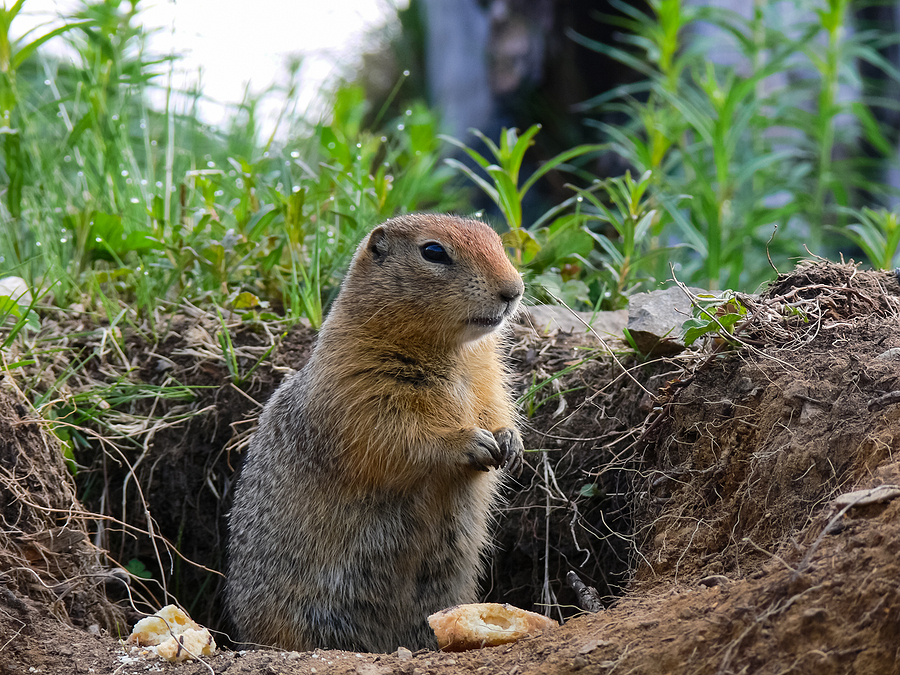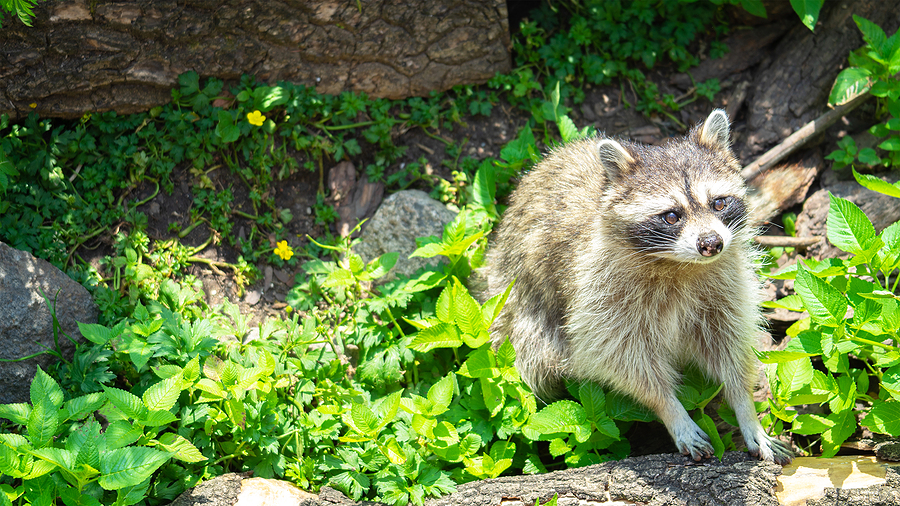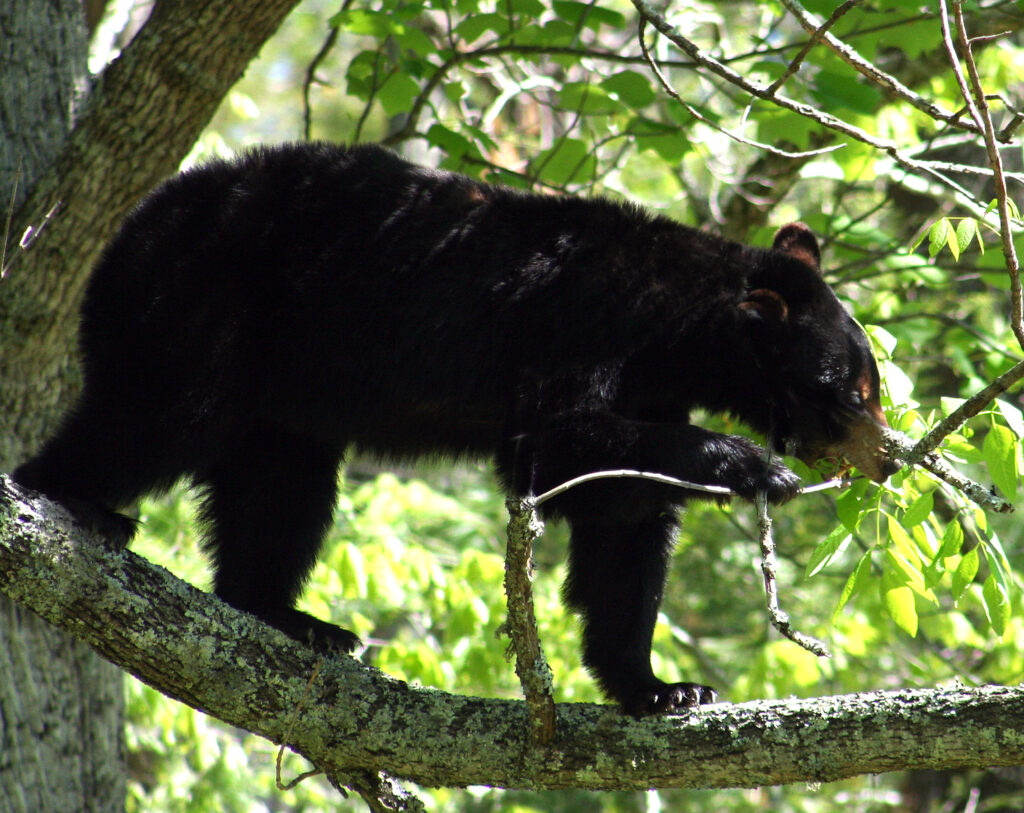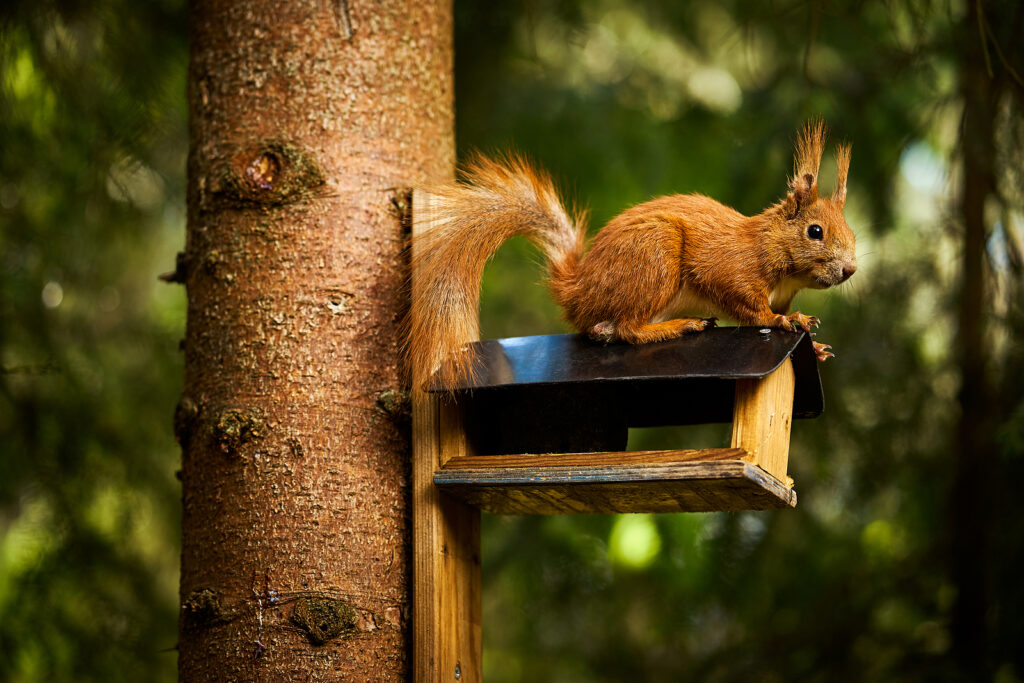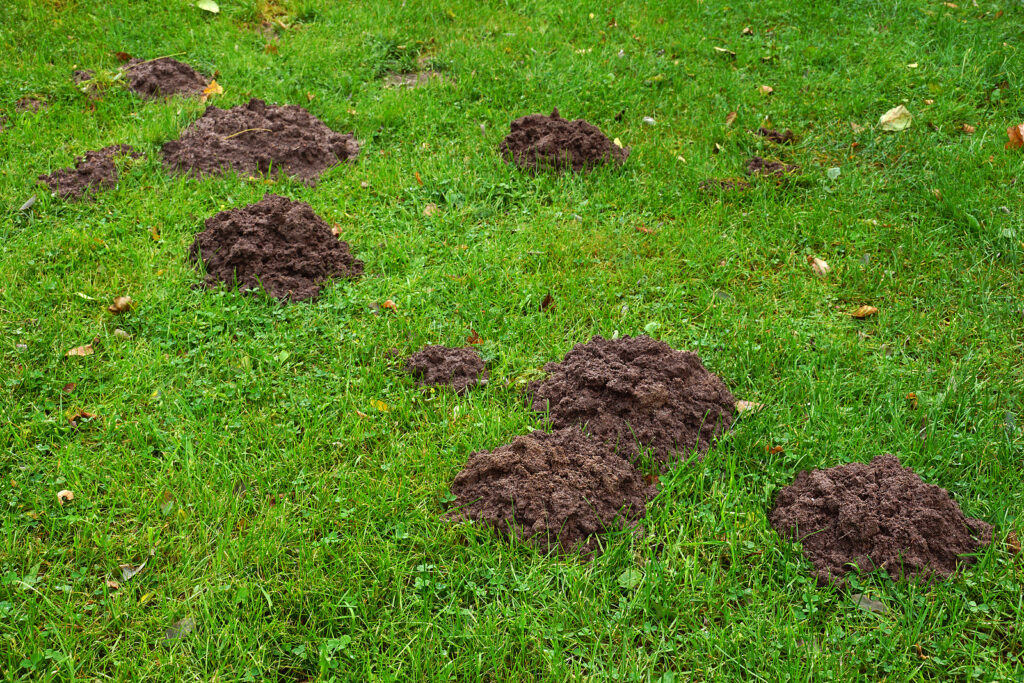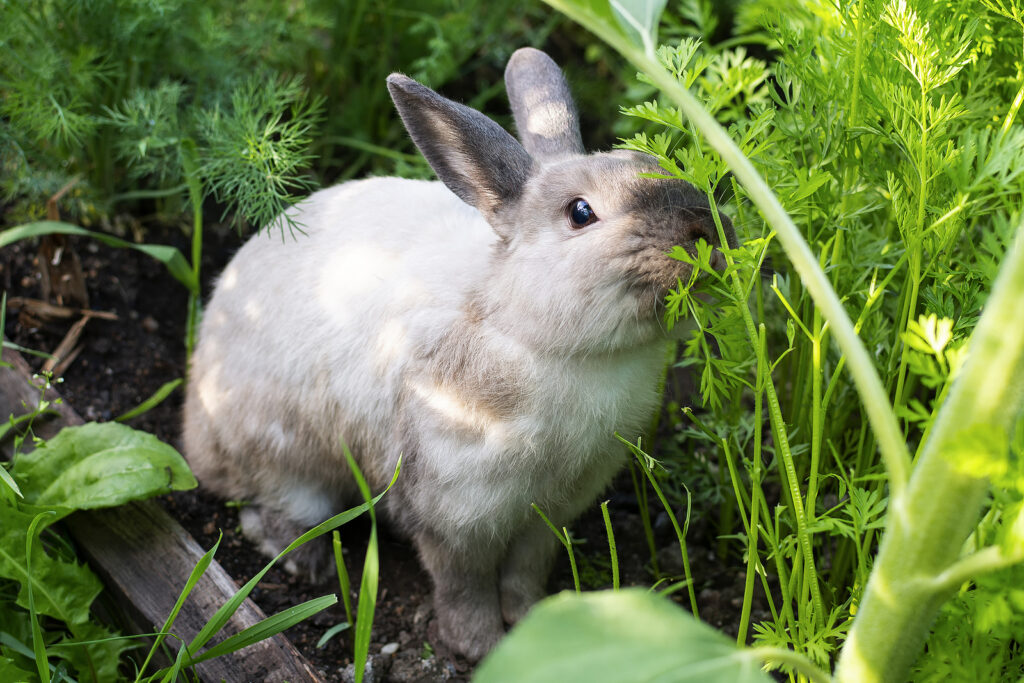If you’ve ever been startled by the scurrying and scratching sounds coming from the attic, chances are you’re not alone. Many homeowners have faced, or will face, the challenge of dealing with uninvited guests – squirrels. While these creatures may be charming in their natural habitat, they can cause a surprising amount of havoc when they decide to nest in your attic.
In this blog post, we delve into practical and humane strategies for preventing squirrels from making your home theirs, methods for detecting their presence, and effective eviction strategies for squirrel removal. So, if you are hearing the patter of tiny feet above your head, this guide on tackling squirrels in the attic is for you.
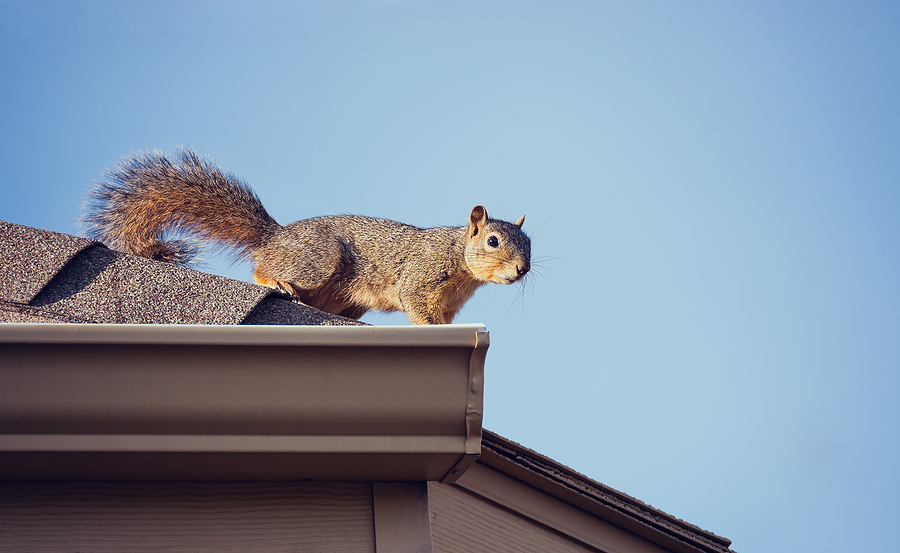
Squirrel Proofing and Prevention
The best way to deal with squirrels in the attic is by preventing them from entering in the first place. Squirrels are opportunistic creatures, and they will take advantage of any openings or vulnerabilities in your home’s exterior to make their way inside. Here are some steps you can take to squirrel-proof your home:
Inspect your roof. Look for any loose or damaged shingles, holes, or gaps that can serve as entry points. Repair these immediately to eliminate potential access points for squirrels.
Keep tree branches trimmed. Branches should be kept far away from your roofline. Squirrels are excellent climbers and can use overhanging branches to jump onto your roof.
Install a squirrel baffle. Placing a baffle around the base of any trees near your home will prevent squirrels from using the trees to gain access to your roof.
Seal any openings or gaps. Seal around plumbing, vents, and chimneys with heavy-duty hardware cloth or metal mesh. Squirrels can squeeze through surprisingly small spaces, so be thorough in your inspections.
Remove attractions. Remove any access to food, shelter, or water, including bird feeders, bird baths, and pet food dishes.
Most Common Signs of Squirrels in the Attic
The key to successfully evicting Tennessee squirrels from your attic is detecting their presence early on. Here are some signs that you may have squirrels in the attic:
► Scratching, scampering, or rustling sounds coming from your ceiling or walls.
► Visible entry points or holes on the exterior of your home.
► Chewed wires, insulation, or other damage in your attic.
► Droppings and urine stains in your attic or around entry points.
If you notice any of these signs, it’s crucial to act quickly before the squirrel population grows and causes more damage.
Squirrel Removal and Trapping
When it comes to evicting squirrels from your attic, it’s important to remember that these are wild animals and should be handled with care and respect. Here are some effective eviction strategies:
One-way exit door: This method involves installing a one-way exit door over the main entry point that allows squirrels to exit but not re-enter. Once all the squirrels have left, seal the opening.
Trapping and relocating: If you choose this option, make sure to use humane traps and release the squirrels at least five miles from your home in a safe location. Be aware that if there are baby squirrels, they must be released with their mother.
Repellents: There are various animal repellents available in the market that claim to deter squirrels. While some may work temporarily, others may not have any effect at all. It’s best to do your research and use natural repellents like predator urine or bright lights, which are known to have some success in keeping squirrels away.
It’s always a good idea to consult with a professional wildlife removal service before attempting any eviction methods. They can advise you on the most appropriate course of action for your specific situation and ensure that all precautions are taken to protect both you and the squirrels.
Wrapping Up
While squirrels may seem like harmless creatures, they can cause significant damage when they take up residence in your attic. By taking preventative measures, detecting their presence early on, and using humane eviction strategies, you can effectively tackle squirrel infestations and protect your home from future invasions. So don’t let those pesky squirrels get the upper hand – use these prevention, detection, and eviction strategies to keep them at bay.
Remember, prevention is key, but if you do find yourself with unwanted squirrel guests, handle the situation carefully and humanely for the best results. Contact Smoky Wildlife Control at 615-610-0962 for TWRA licensed and insured squirrel removal service in Nashville and Clarksville, Tennessee. We serve residential and commercial customers at the most competitive prices around. Ask us for free advice and estimates, anytime!
Related Posts:
Honor National Squirrel Appreciation Day With These Fun Facts!
How to Create the Perfect Squirrel-Proof Bird Feeder
How to Feed Squirrels Without Turning Them Into a Nuisance

